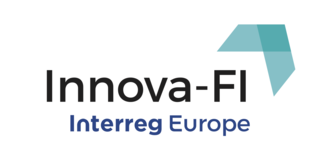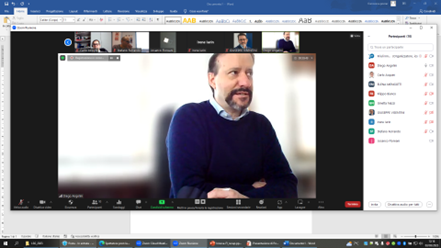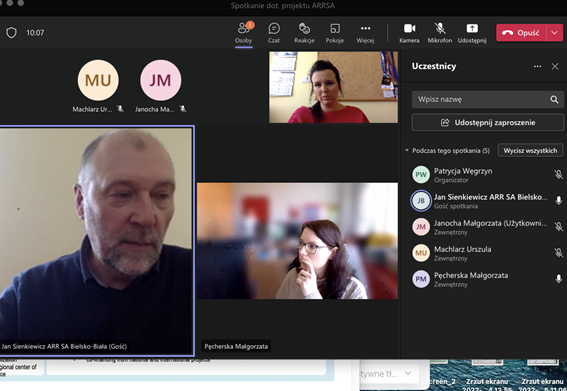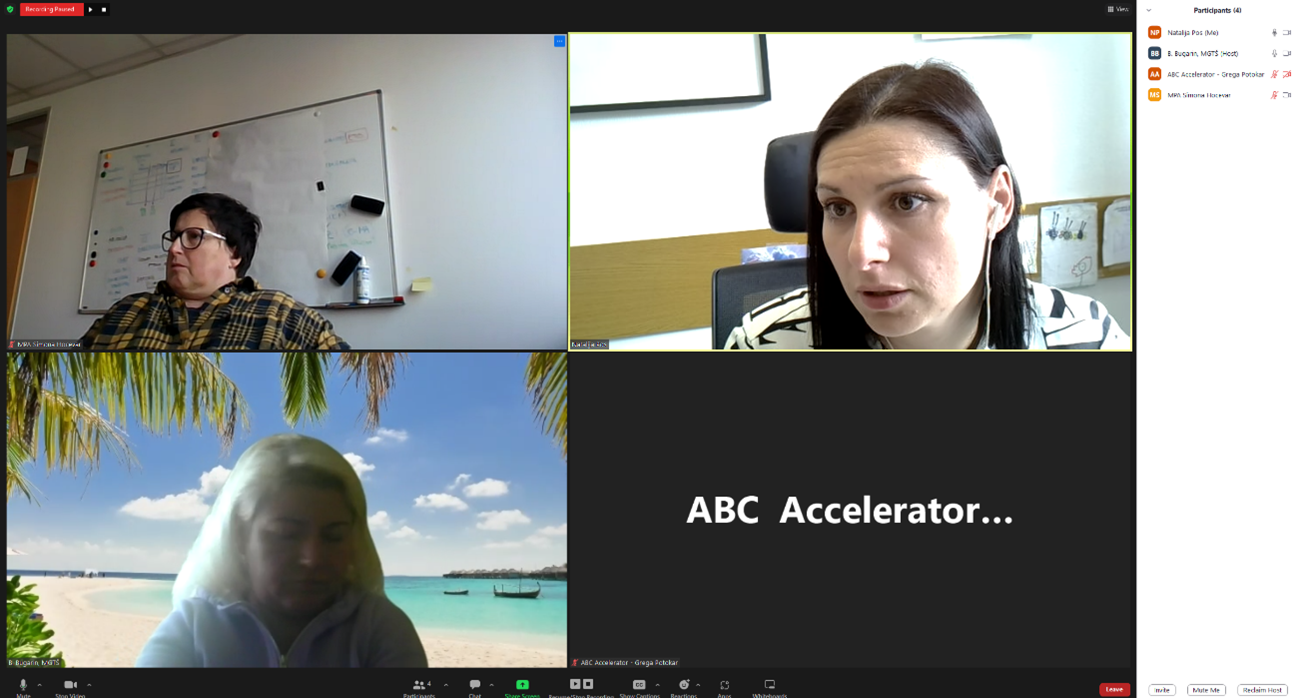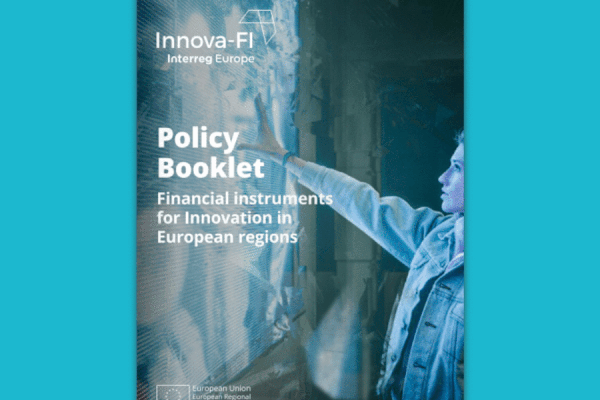Due to the pandemic, one of the biggest business challenges is almost certainly how to maintain business-as-usual activities while asking the vast majority of employees to work remotely. The finance sector is no stranger to disruption, and will have seen a rise in demand from employees for remote working opportunities in recent years anyway, but definitely not on this scale.
The shift to a remote work paradigm makes an assumption: that finance organizations have already digitized financial data and have highly automated finance and accounting processes. And problems are emerging around how to manage a workforce that is no longer connected physically and keep them engaged in the company culture, their individual work, and their relationships with each other. So, what can finance organisations do to prepare for the age of remote working?
Strengthening social bonds
Although digitisation and globalisation have meant that a lot of our day-to-day business activities can be done from anywhere in the world relatively simply, it’s still important to have the right support system in place. The coronavirus has been a wakeup call around the need to ensure that the right channels are implemented (for fast and user-friendly interaction on a mass scale in place), but also that the workers know how to use them effectively.
Flexible Work Arrangements
Undoubtedly, in many finance organizations, the work environment will not be totally remote or totally on-site. Instead, it may become a hybrid—employees going to the physical office some days, working remotely others. Flexible work arrangements, in which employees can choose when and where to put in the hours, are nothing new. Many companies have tested this work paradigm for the past decade and more. But the pandemic turned these ad hoc tests into a universal experiment. After many, months it has become apparent that some employees working only remotely feel socially isolated and mentally and physically drained. Flexible work arrangements could offset that by breaking remote workdays up with in-person office visits.
A permanent shift?
This could be a learning opportunity to think about how a business can evolve to cater for the workforce of the future. One positive outcome of being forced by a dangerous virus to implement an overnight remote working policy is that many financial organisations will be less afraid of it in the future. COVID-19 could be an opportunity for financial businesses of all shapes and sizes to learn new ways of working, evolve and steam ahead. Why not use this opportunity to re-think and re-shape?
